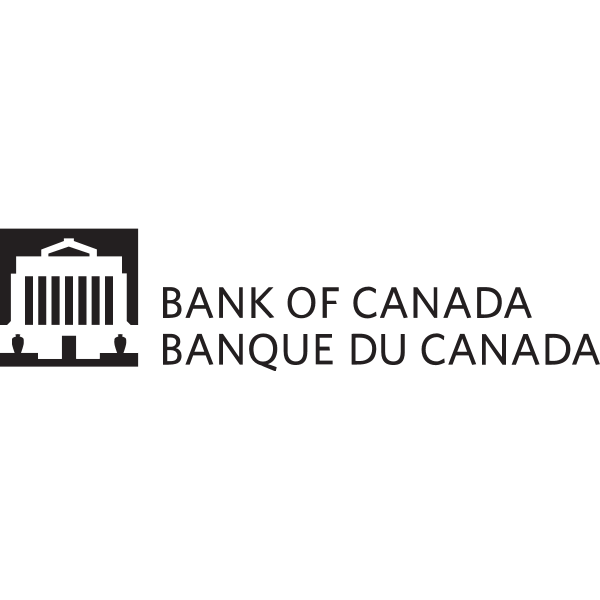The Royal Bank of Canada (RBC) has made waves with its recent acquisition of HSBC Canada, valued at an estimated CAD 13.5 billion. This landmark transaction stands as the largest bank acquisition in Canadian history, significantly bolstering RBC’s market position and expanding its reach across the country and globally. HSBC Canada’s extensive network of assets, customer accounts, and operational infrastructure will now be under RBC’s umbrella, giving Canada’s largest bank even greater influence in the national and international banking markets.
Expanding Market Reach and Services
With this acquisition, RBC’s footprint in Canada grows considerably, as it absorbs HSBC Canada’s customer base and branches across major cities and regions. HSBC Canada’s unique position as a leading bank with both domestic and international connections has been an attractive asset to RBC. Now, RBC’s customers, particularly in areas like wealth management, commercial banking, and global trade, will benefit from enhanced services and a more comprehensive network. This acquisition also aims to create a seamless experience for existing HSBC clients as they transition to RBC’s platforms, while promising an upgraded level of financial service.
The deal extends RBC’s wealth management services significantly, allowing the bank to strengthen its high-net-worth client base. This strategic integration of HSBC’s robust global connections is expected to draw more clients involved in cross-border trade and investment. RBC will now be able to offer enhanced international banking options, a segment in which HSBC Canada has traditionally excelled, providing clients with more diverse choices for their financial needs.
A Shift in Canada’s Financial Landscape
RBC’s acquisition of HSBC Canada has major implications for the Canadian banking landscape. Canada’s “Big Five” banks—RBC, TD, BMO, Scotiabank, and CIBC—already dominate the financial sector, and RBC’s expansion raises questions around competition. Some industry observers and critics worry that further concentration in the sector could reduce consumer choice, increase fees, or limit innovation by reducing the competitive pressure that smaller institutions or foreign banks like HSBC can provide. The scale of the deal has drawn attention from the Office of the Superintendent of Financial Institutions (OSFI) and the Competition Bureau, who will monitor how this acquisition impacts consumer choice and fairness in the industry.
Economic and Strategic Considerations
For RBC, this acquisition is part of a broader strategy to respond to shifting economic conditions and prepare for future growth in an increasingly uncertain global economy. With inflation concerns, global supply chain issues, and potential interest rate adjustments, financial institutions are seeking ways to expand and diversify their portfolios. RBC’s move not only strengthens its domestic market share but also positions it to better serve the needs of clients engaged in international business. This alignment with HSBC’s international clientele could be especially beneficial as more Canadian businesses look to expand globally.
RBC is also keen to tap into HSBC’s specialized financial services, such as sustainable finance initiatives. HSBC Canada has been a notable player in sustainable investments, and integrating these services aligns well with RBC’s goals to support green financing options and promote sustainable business practices. As environmental, social, and governance (ESG) investing gains traction, RBC can leverage HSBC’s experience and resources to capture a growing market of eco-conscious investors.
Opportunities and Challenges for Consumers
For RBC and HSBC Canada’s clients, this acquisition could mean streamlined services, better access to global banking options, and expanded financial products. However, the consolidation of resources also raises concerns about potential drawbacks, such as reduced competition or a homogenization of service offerings. HSBC clients may see changes in their service terms, digital platforms, or product availability as the integration proceeds. RBC has promised a smooth transition process, but clients will likely experience shifts as the bank implements its systems and policies.
Meanwhile, industry observers are closely watching for the potential impact on fees, interest rates, and accessibility. Historically, larger institutions have sometimes imposed higher service charges due to a lack of direct competition, and consumer advocates are pushing for safeguards to ensure that financial services remain affordable and accessible across income levels.
Conclusion: A Milestone in Canadian Banking
The acquisition of HSBC Canada by RBC is a transformative event in Canadian banking. It strengthens RBC’s leadership position, expands its service capabilities, and enhances its reach in global markets. While the integration will likely yield benefits in terms of expanded services and market reach, it also brings challenges, with regulators, consumer advocates, and clients alike monitoring the transition closely to ensure that this historic acquisition serves the best interests of Canada’s banking customers.
This acquisition not only showcases the changing landscape of Canadian banking but also underscores the trend of major financial institutions scaling up to meet the demands of a complex and interconnected economy. For RBC, this acquisition is more than just a boost in assets; it’s a strategic step toward leading Canadian banking into a new era of global competitiveness and comprehensive service offerings.


.jpg)
.jpg)
.jpg)
.jpg)
.jpg)


.jpg)






